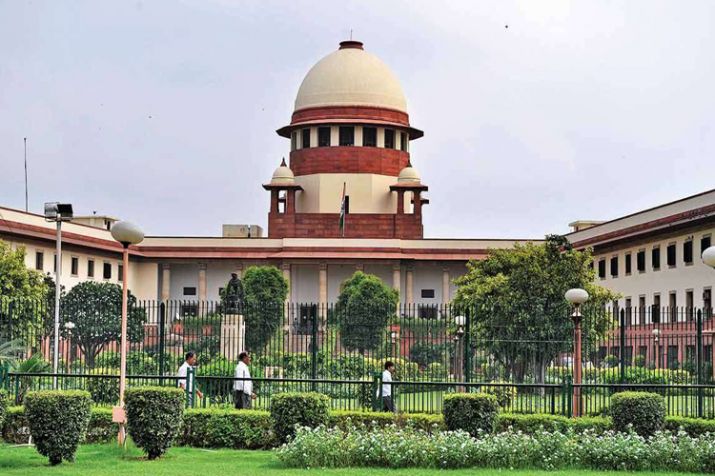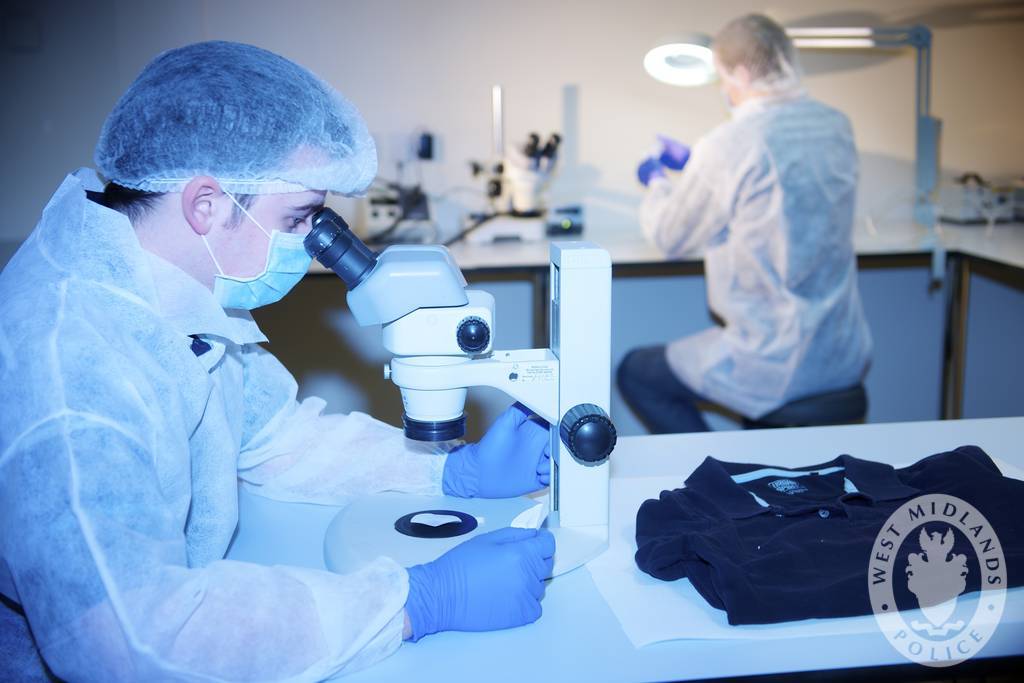Now Reading: Supreme Court Sets Clear Rules for DNA Evidence, Aims to Strengthen the Justice System
-
01
Supreme Court Sets Clear Rules for DNA Evidence, Aims to Strengthen the Justice System

Supreme Court Sets Clear Rules for DNA Evidence, Aims to Strengthen the Justice System
New Delhi, September 15, 2025 – A historic decision by the Indian Supreme Court may alter the way criminal trials are conducted throughout the nation. The court has established a set of consistent rules for managing DNA evidence, an area frequently beset by errors and inconsistencies, in recognition of the expanding role of forensic science in enforcing justice.
Following years of discussion regarding the collection, preservation, and presentation of forensic samples in court, the ruling was made in the Kattavellai v. State of Tamil Nadu case. The Supreme Court emphasised that although DNA can be an effective tool in criminal investigation, its dependency is solely dependent on how carefully it is handled. Any tampering, delay, or contamination could make the evidence misleading or worse, useless.
The court mandated, among other things, that DNA samples be sent to laboratories within 48 hours to prevent deterioration. To guarantee that there is no room for manipulation, a rigorous “chain of custody” must be upheld at all times. Additionally, police and forensic teams have been directed to keep a specific record of every transfer, noting who handled the evidence and when.
Legal professionals applauded the action, describing it as a step to guarantee scientific rigour and fairness in India’s legal system. Previous cases, such as Rahul vs. the State of Delhi and Anil vs. the State of Maharashtra, demonstrated that the disastrous effects of improperly handled forensic evidence were either questioned in court or delayed.
The Supreme Court wants to lessen erroneous convictions and rebuild public confidence by establishing a uniform standard. Experts warn that training police officers, setting up labs and clearing the system’s enormous backlogs of pending forensic cases are necessary for any real progress.
Supreme Court Guidelines on DNA Evidence:
- DNA samples must be transported to forensic labs within 48 hours of collection to prevent degradation or contamination.
- A proper chain of custody must be maintained at all times. Every handoff must be recorded in a dedicated register with the name, time, and name of the handler.
- All states and investigation agencies are dedicated to following a standardised protocol for DNA sample collection, storage, and analysis, ensuring consistency nationwide.
- Samples must be sealed properly and protected from tampering, mishandling or exposure to external conditions that could compromise the results.
- Any officer or official handling DNA evidence is personally responsible for its integrity. Breaches in procedure can be grounds for disciplinary or legal action.









